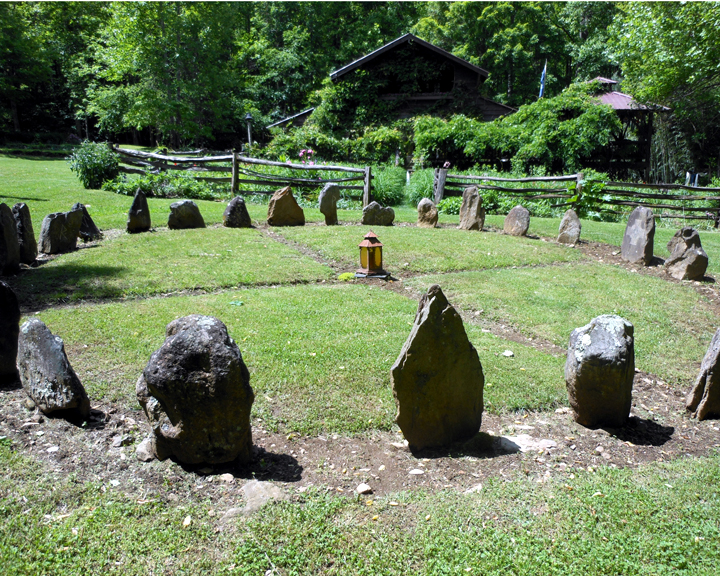Creating your reality is a process that happens on a day-to-day basis. We all create our own reality through our assumptions and our perceptions. Our assumptions about life influence our perceptions. Taken as a whole, all our perceptions add up to our own version of reality.
If your assumption is that the world is flat, how would that influence your daily perceptions and your daily reality? What if your assumption is that the world is round? Each of these choices comes with perceptions about the way the world works. If you assume the world is flat, how would you feel about sailing in a ship to the ends of the earth? If you assume that the world is round, would you feel the same way? What reality would you create for yourself in each of the scenarios above?
You create your reality through your assumptions and perceptions. To illustrate how this process works, consider for a moment that you have an assumption that “Everybody is out to get me.”
If your assumption is, “Everybody is out to get me,” then that assumption is going to set your perception filter in a certain way. With this assumption, your perception filter is set so that you only notice instances of behavior that confirm your assumption. If your perception filter has been set by the assumption that “Everybody is out to get me,” then you’re only going to notice when people act in a way that confirms your assumption, and you will ignore any behavior to the contrary.
If this is how your perception filter is set, then you are going to ignore it when people act in such a way that they demonstrate that they are not out to get you. Not only that but when people act in such a way, you’re going to take it as evidence that they are out to get you because you’ll think that the only reason they’re being nice is that they’re trying to get something from you.
Now this assumption and this perception will work together to create your reality for you. Here’s how it works: If you assume that “Everybody is out to get me,” and your perception filter is set only to see examples that confirm your assumption, how are you likely to treat people who aren’t out to get you? If I’m a person who’s not out to get you, and I’m doing nice things for you because I like you and want to be your friend, yet every time I do something nice for you, you treat me as if I’m up to something, how long do you think I’ll stay around?
If you treat everyone as if they’re out to get you, even when they’re not, you will eventually drive away anyone who’s not out to get you. At that point, the only people who are still in your life are people who are out to get you. So by choosing your assumptions and your perceptions about the way the world works, and by acting upon those assumptions and perceptions, you create a reality based on those assumptions and perceptions.
Let’s look at another example. If you are seeking to follow the path of ecospirituality, you are seeking to walk the path of an ecospiritual shaman. To walk in the path of a shaman is to interact on a regular basis with the Otherworld. Therefore to be a shaman, you have to have some concept of the Otherworld. It can be a real place, or it can be a psychological place, but it is a necessary place for shamanism to exist and work its magic. So if you seek to walk the path of the shaman, but your first assumption is, “The Otherworld does not exist,” then you are going to set your perception filter to only notice things that confirm your assumption that the Otherworld does not exist. As you continue to ignore all evidence for the existence of the Otherworld, it will retreat further and further away from you, until, for you, it does not exist.
On the other hand, if you assume the Otherworld does exist, even if it’s just the collection of archetypes that Jung called the ‘collective unconscious,’ then your perception filter is set to look for evidence that confirms this assumption. The more evidence you find to support this assumption, the more you make the Otherworld real in your own mind.
When considering the Otherworld, don’t forget that just because something is happening in your own mind, that doesn’t mean it’s not real. The Otherworld might be a real place, or it might just be a place of psychological processes lying between the conscious and subconscious worlds. In either case, if you experience the Otherworld, then it has become real for you.
I prefer to focus on the utility of these experiences instead of whether or not they’re happening in a “real” place. The more I use my assumptions and perceptions to create my own reality, the more real the Otherworld becomes for me.
In the coming weeks we’ll be exploring the concept of creating your own reality by visiting the Otherworld of the collective unconscious.

